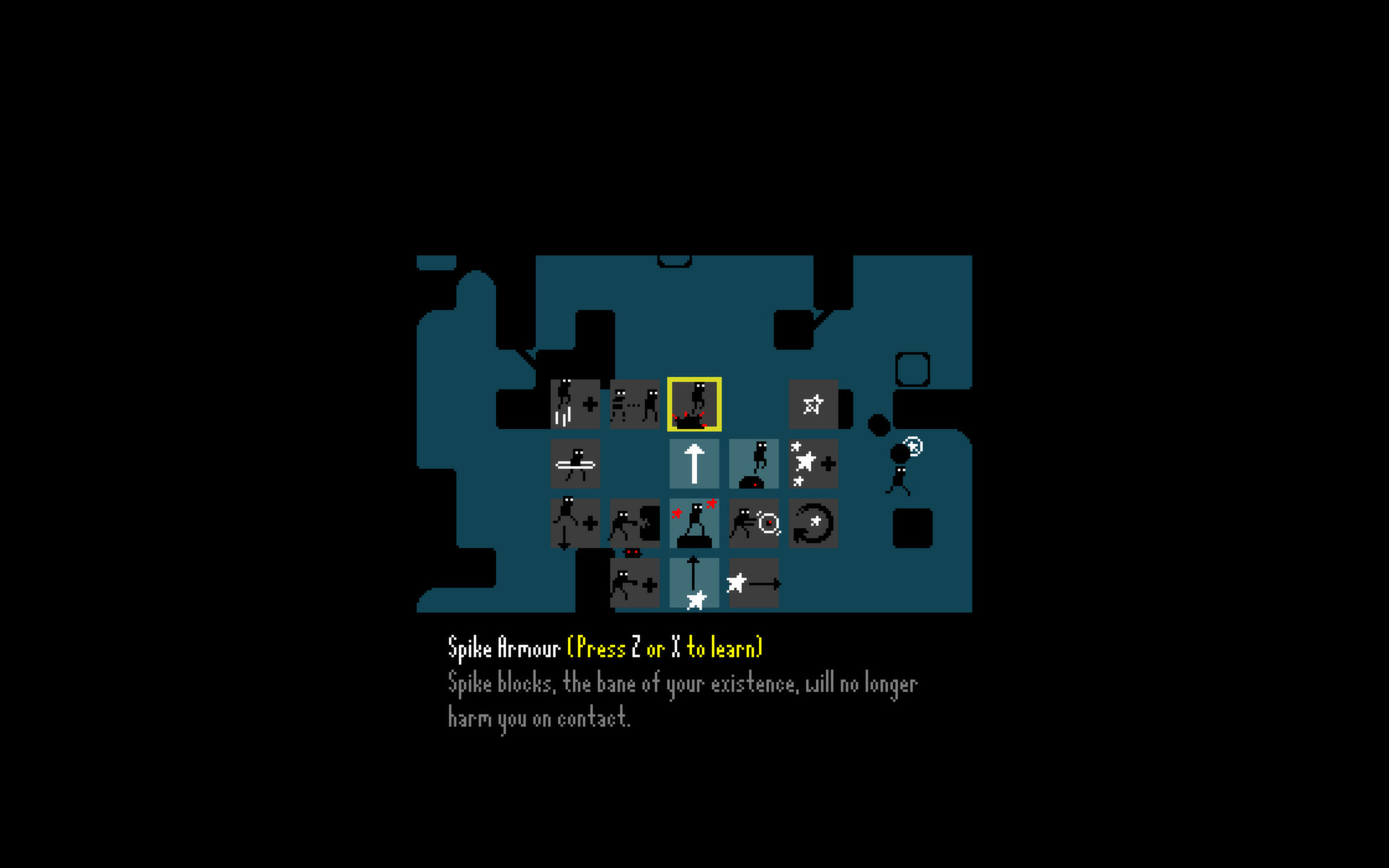QuoteThe book also introduces the term meme for a unit of human cultural evolution analogous to the gene, suggesting that such "selfish" replication may also model human culture, in a different sense.The Selfish Gene - Wikipedia
Quote from: @droqenvideogames are not organisms, but videogame genres are.tweet



